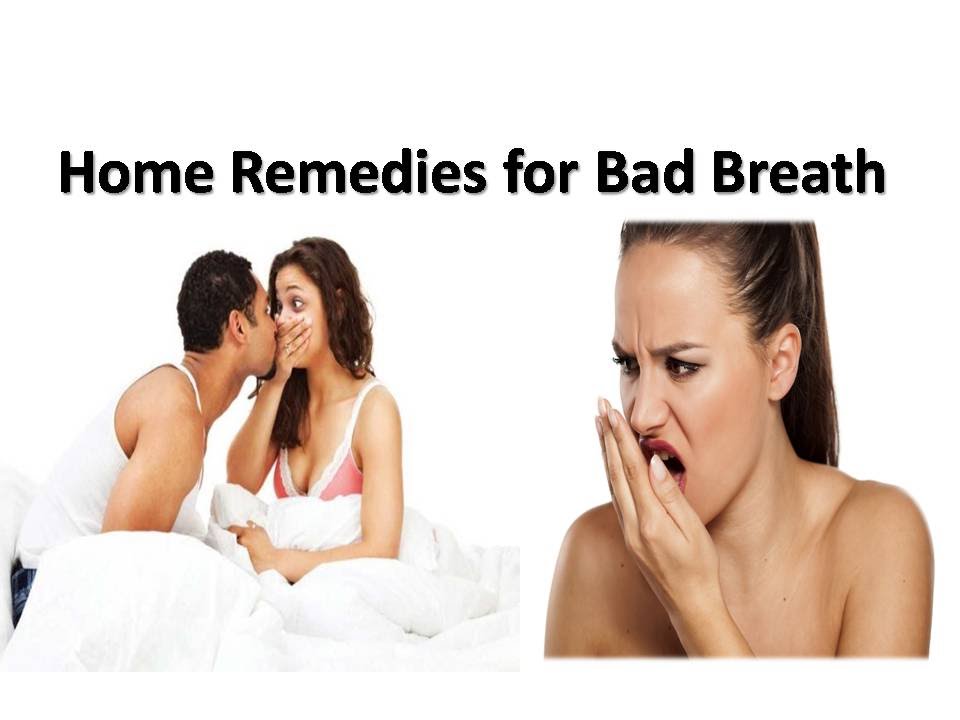Cold Sores – What is the Best Medicine?
Cold sores – those nasty, crusty, painful sores that pop out uninvited. How can you get rid of the ugly buggers? And how can you keep them from coming back?
First, what is a cold sore? Typically, a cold sore begins with an uncomfortable sensation on or around the lips. (Some unfortunate souls have outbreaks on or around the nose and cheeks instead.) Many people describe the feeling as tingling, others as a fullness, pain, soreness, or discomfort. At this stage the skin may appear totally normal.The reason these sores hurt more than, say, mosquito bites, is because the nerve endings are involved. A virus (usually herpes type I) lies dormant in the nerve cells and periodically reactivates.
In the second phase, usually a day or so later, the area becomes reddened, blistered, or swollen. The cold sores enlarge for another few days, after which crusting begins (the healing phase). By another week or two the lesions have resolved.
Cold sores are named “cold sores” because they commonly occur during times of physical stress, such as when you have a cold. For some women they occur on a monthly basis, around the menstrual cycle. However, cold sores seem to have a mind of their own and can break out at any time. They are most contagious when the sores are fresh – even before the blemish has blossomed. If you feel one coming on, avoid kissing and other close contact.
A word of warning: don’t confuse cold sores with canker sores. Canker sores, also called aphthous ulcers, occur inside the mouth, and look like shallow white ulcers with a reddened border. Most the time they are not caused by the herpes virus and don’t improve with anti-viral medication. (Aphtasol© (amelanox) works well for canker sores, costs about $30 for a small tube, and is available only by prescription.)
As for cold sores, the question is whether to treat an outbreak or use preventive medication or both. People who develop lesions only once or twice a year do well to treat the occurrences only. Those with more frequent outbreaks may want to suppress the infection with daily medication.
The most effective drugs are prescription anti-virals. Just like penicillin kills streptococcal bacteria, the anti-viral medications kill or weaken viral “germs.”
What’s the best medicine for cold sores? It depends on what you’re looking for: quick relief? low cost? minimal side-effects? easy dosing?
Now that oral acyclovir has gone generic, it is the least expensive treatment option. For under $20 you can treat a crop of cold sores OR take the medication daily to prevent an outbreak. (Some pharmacies have acyclovir on their list of $4 medications). For prevention, once or twice a day dosing is often effective. For treatment, taking acyclovir up to five times daily may be required. Most people tolerate acyclovir quite well with few if any side-effects.
Acyclovir and penciclovir ointments are also effective, especially when used at the first sign of an outbreak. However, these topical medications run $50 to $70 for a small tube. Whether using the cream or capsules, treating the affected area as soon as you suspect an outbreak may prevent the sores from developing. The ointments are a good choice for people who don’t tolerate the oral medications (due to headaches or stomach problems, for example. Truly allergic patients should not use the topical preparations at all.)
Oral valacyclovir and famicyclovir are anti-viral medications that have the advantage of less frequent dosing, but higher cost (easily over $100 to treat an outbreak).
Just from reading the above drug names you’re likely to conclude that these medications are similar. In my medical practice I cannot tell that one is superior to another except for ease of dosing and individual side-effects.
Any of these drugs will work better than an over-the-counter medication, but at what price? The lesions will resolve on their own anyway (unless you are immunosuppressed). If the prom is next week, you’ll probably want to invest in a prescription medication. But if it’s a choice between medication and vacation, I’d choose the latter.
Copyright © 2010 Cynthia J Koelker MD
Cold Sores – What is the Best Medicine? by Cynthia Koelker



